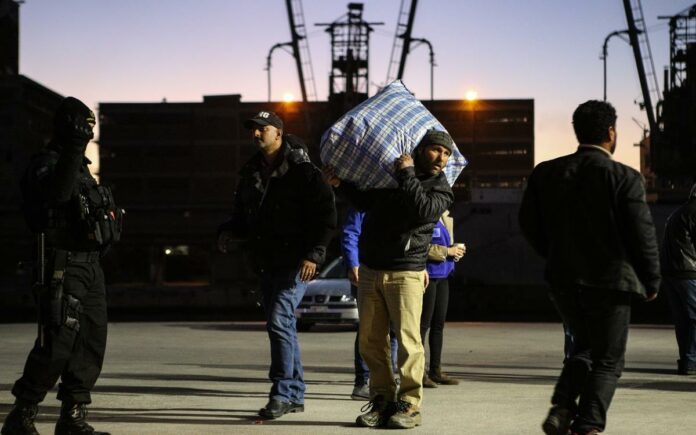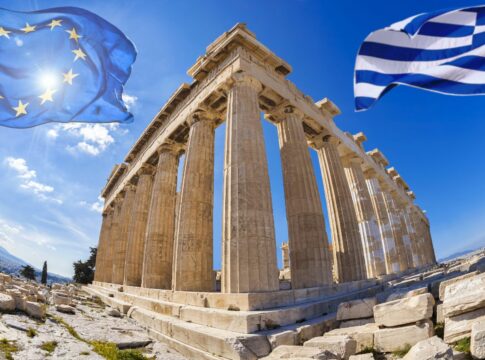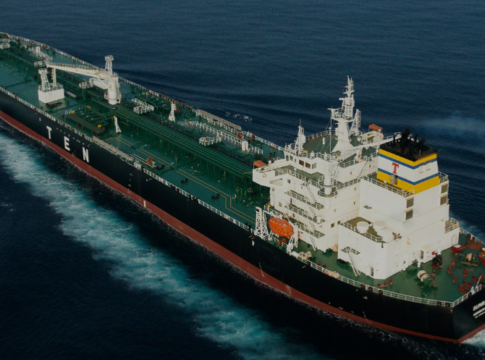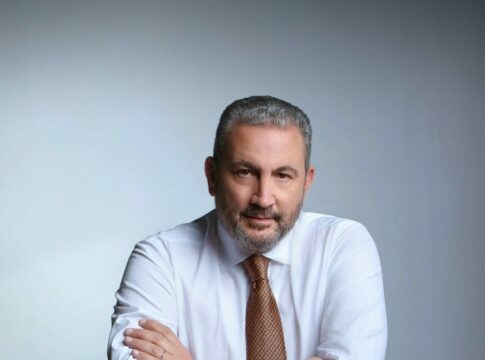The flow of third country nationals reaching Greek territory over the first quarter of 2018 has increased by 33 percent, compared to the same period last year, new Migration Policy Minister Dimitris Vitsas said on Friday. The third country nationals are mostly Mideast war refugees and irregular migrants from a variety of Third World nations.
In a bid to try and alleviate the limbo, at least for individuals deemed as genuine refugees, Vitsas said the leftist-rightist Greek coalition government will introduce legislation simplifying the asylum process in Greece.
His comments came hours before relevant EU Commissioner for Migration, Home Affairs and Citizenship, Dimitris Avrampoulos, was received by Greek Prime Minister Alexis Tsipras in Athens. Their meeting, which also included Vitsas, focused directly on concerns that migrant smugglers are again stepping up efforts to ferry would-be migrants from Turkey to Greece.
The EU, including most-affected Greece, is closely monitoring the statements and disposition of an increasingly authoritarian Turkish leadership, as concerns are rife that Ankara uses the flow of refugees/migrants to pressure the Union.
In a related development also on Friday, the New York Times published a lengthy article on the situation in the eastern Aegean island of Lesvos (Lesbos or Mytilene), headlined “Greece’s island of Despair”. The article detailed the squalid conditions on the isle for detained people who landed there after disembarking from the opposite mainland under the nose of Turkish authorities, and in a bid to reach preferred destinations elsewhere in Europe.
According to the prime minister’s office, the emphasis during the Avramopoulos-Tsipras meeting was on cooperation between Athens and the EU Commission, with the former reportedly saying a landmark EU-Turkey agreement must remain in force and be applied more rigorously.
Avramopoulos, according to the government side, said the full implementation of the agreement will accelerate the deportation of third country nationals to Turkey, while also increasing the capacity of pre-return centers.
Predictions of an “awkward” meeting between the two men weren’t noticeable, in front cameras, at least.
Avramopoulos is one of 10 Greek politicians – all from the political opposition to the current coalition government – implicated in a kickbacks and bribery investigation involving Novartis’ Greek subsidiary.
Nevertheless, most of the opposition has sharply decried the indictment as highly politicized and baseless. The alleged wrongdoings are based on accusations of three so-called “protected witnesses”, essentially anonymous witnesses who started providing incriminating testimony only over the past few months into the nearly three-year probe.














